 A study has found most Turkish Germans feel at home in Germany but maintain a strong connection with Turkey. It comes as Mesut Özil’s decision to quit the national football team sparks an integration debate in Germany.
A study has found most Turkish Germans feel at home in Germany but maintain a strong connection with Turkey. It comes as Mesut Özil’s decision to quit the national football team sparks an integration debate in Germany.
A study from the Center for Turkish Studies at the University of Duisburg-Essen in Germany has found that most of the 3 million people with Turkish roots living Germany feel more strongly connected to Turkey than to Germany.
The study was released one day after German footballer Mesut Özil announced he was quitting the national team, citing racism, after he was criticized for meeting with Turkish President Recep Tayyip Erdogan in May.
What the study found
- About 89 percent feel they belong “strongly” or “very strongly” to Turkey, and about 81 percent to Germany.
- About 83 percent feel somewhat or very at home in both Germany and Turkey.
- 38 percent would not return to Turkey, 15 percent intend to return permanently and 37 percent live between Turkey and Germany.
- 19.6 percent were strongly interested in German politics, 47 percent had little interest.
- 33.9 percent were strongly interested in Turkish politics, 30.7 percent weren’t very interested.
The Mesut Özil affair: German football player Mesut Özil announced he was quitting the German football team on Monday, after he came under fire for meeting with Turkish President Recep Tayyip Erdogan in May. The move saw some German politicians and fans question Özil’s loyalty to Germany. Özil said he was treated as being “different,” saying “I am German when we win, but I am an immigrant when we lose.” Following Özil’s announcement, a spokeswomen for German Chancellor Angela Merkel on Monday said the majority of the about 3 million people with Turkish heritage who live in Germany are well integrated and that people with migrant backgrounds were welcome in Germany.
Turkish politics in Germany: In the June Turkish presidential election this year, nearly two-thirds of votes cast by the Turkish community in Germany went to President Recep Tayyip Erdogan, which was more than the support he averaged in Turkey. Relations have been strained between Germany and Turkey since a failed coup against Erdogan in 2016 and the subsequent crackdown that followed
Racism in the classroom: Another study released July 23 by the German University of Mannheim, found prospective teachers gave poorer grades to students with a Turkish name despite their work having the same number of errors as their German counterparts. The study saw 204 teaching students aged 23 grade two identical papers, one half of the group had a paper written by “Max” and the other a paper written by “Murat.” The teaching students derived different grades, with the supposedly Turkish students receiving poorer marks.
law/aw (AFP, AP, dpa, Reuters)

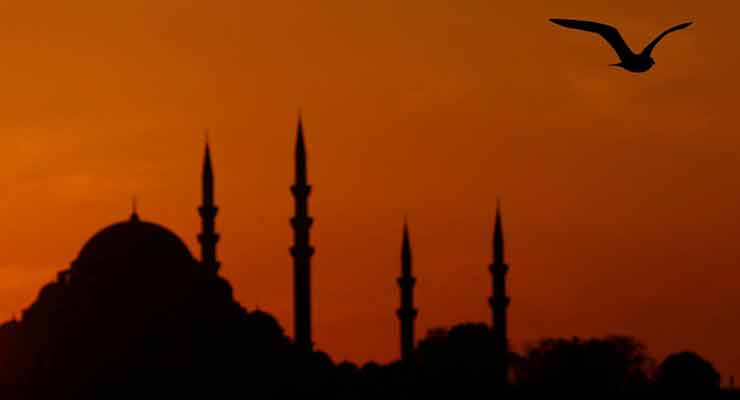
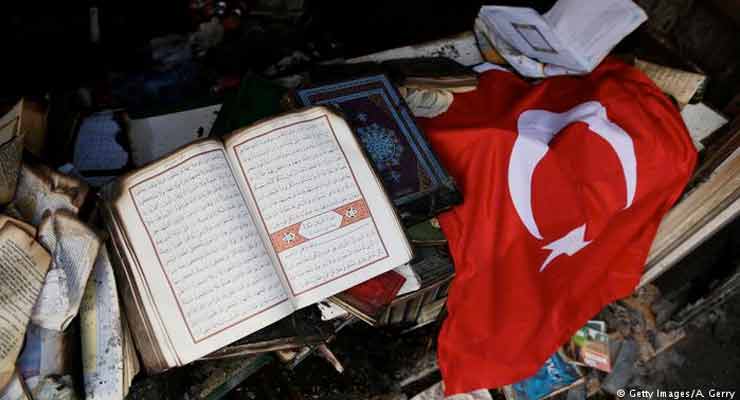 There have been dozens of attacks so far this year on Turkish mosques and restaurants in Germany — a sharp rise from last year’s figures. The Interior Ministry said Turkey’s offensive in Afrin has inflamed tensions.
There have been dozens of attacks so far this year on Turkish mosques and restaurants in Germany — a sharp rise from last year’s figures. The Interior Ministry said Turkey’s offensive in Afrin has inflamed tensions.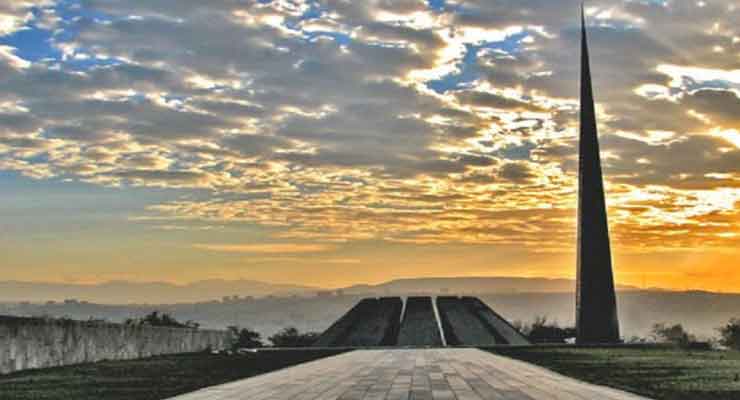
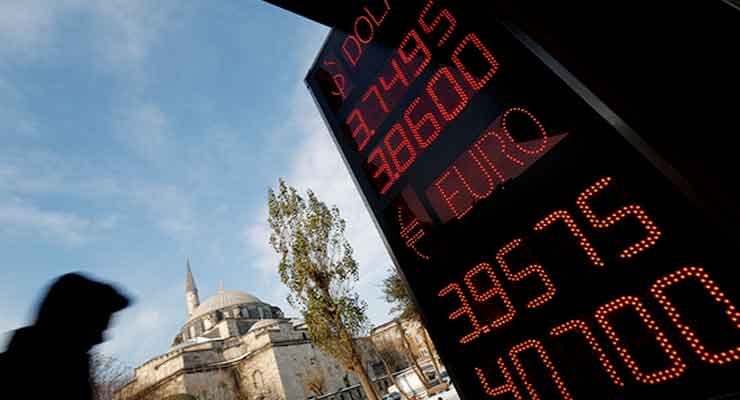 By Zülfikar Doğan
By Zülfikar Doğan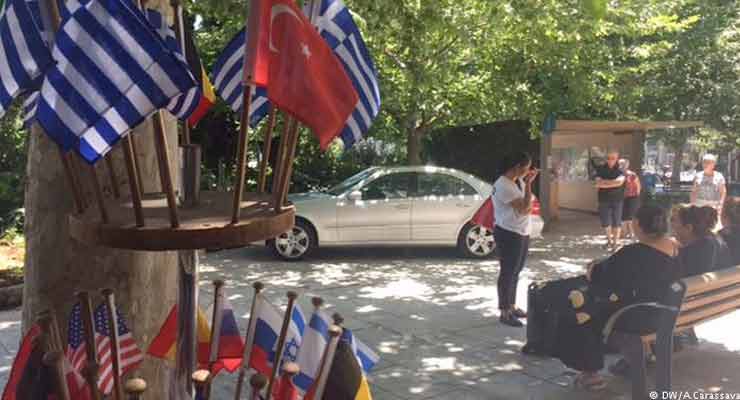 With purges intensifying, rich Turks are mopping up real estate in Greece. Old tensions may loom, but the incentive for secular Turks is sweet: visa-free stay in an EU member state. Anthee Carassava reports from Athens.
With purges intensifying, rich Turks are mopping up real estate in Greece. Old tensions may loom, but the incentive for secular Turks is sweet: visa-free stay in an EU member state. Anthee Carassava reports from Athens.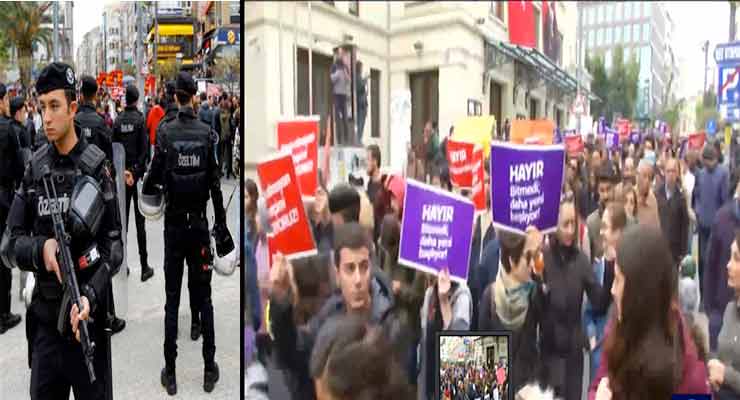 Several hundred demonstrators have poured out onto the streets of Istanbul to protest the outcome of last week’s disputed referendum in which voters narrowly approved expanding President Recep Tayyip Erdogan’s executive powers.
Several hundred demonstrators have poured out onto the streets of Istanbul to protest the outcome of last week’s disputed referendum in which voters narrowly approved expanding President Recep Tayyip Erdogan’s executive powers.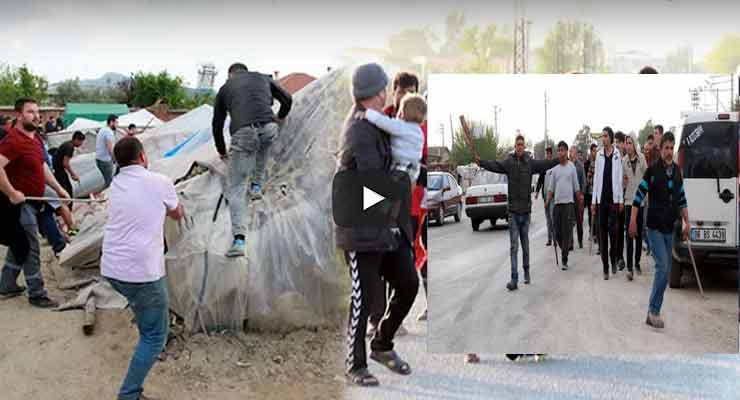
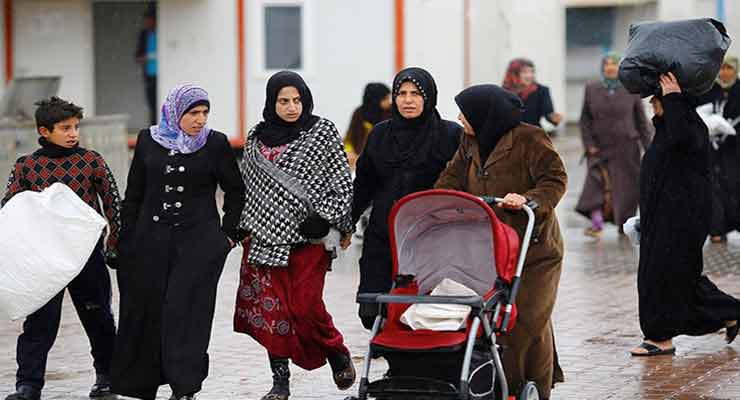 Turkish President Recep Tayyip Erdogan has called on Turks living in Europe to have at least five children so that they can outbreed whites and take over the continent—and in that way become “the future of Europe.”
Turkish President Recep Tayyip Erdogan has called on Turks living in Europe to have at least five children so that they can outbreed whites and take over the continent—and in that way become “the future of Europe.”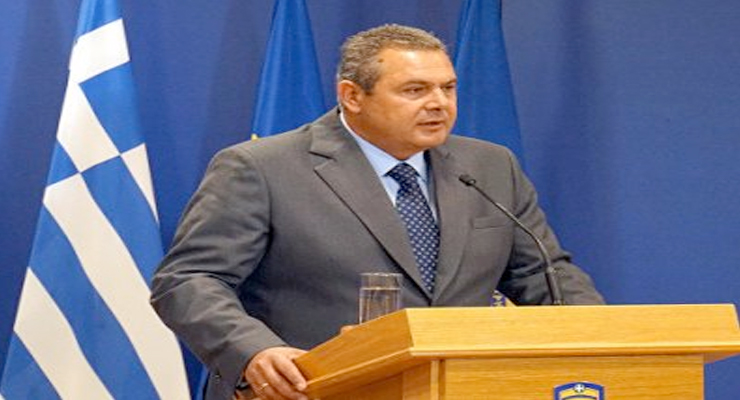 Speaking about Turks, the Greek Minister of National Defense, Panagiotis “Panos” Kammenos, said “they will not set foot on Greek Islands,” and Turkey will receive a response in case of new provocations.
Speaking about Turks, the Greek Minister of National Defense, Panagiotis “Panos” Kammenos, said “they will not set foot on Greek Islands,” and Turkey will receive a response in case of new provocations.